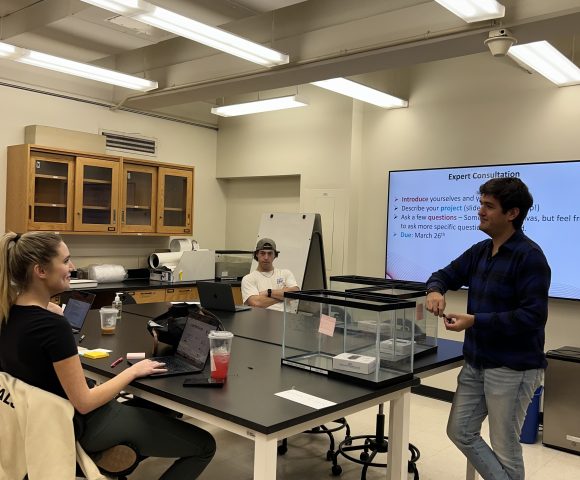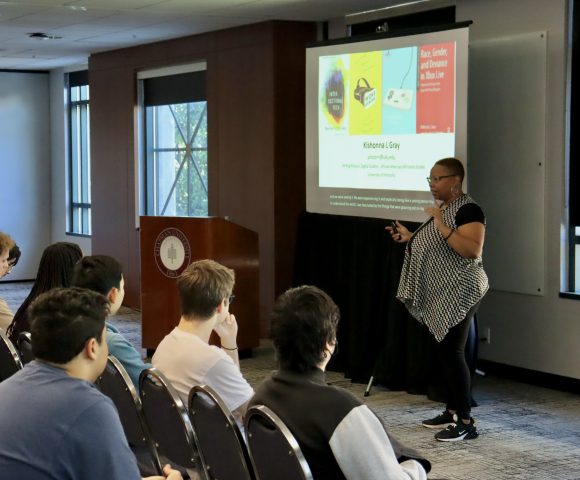
GCI project still burning bright
Chapman’s Grand Challenges Initiative program is unique in the fact that students are taught how to utilize the skills they learn in the classroom to tackle real-world problems. Recently, Chapman and GCI Alum Slade Laszewski and former Chapman professor, Dr. Shenyue Jia, published a paper that started as a GCI project. Recently, we were able








